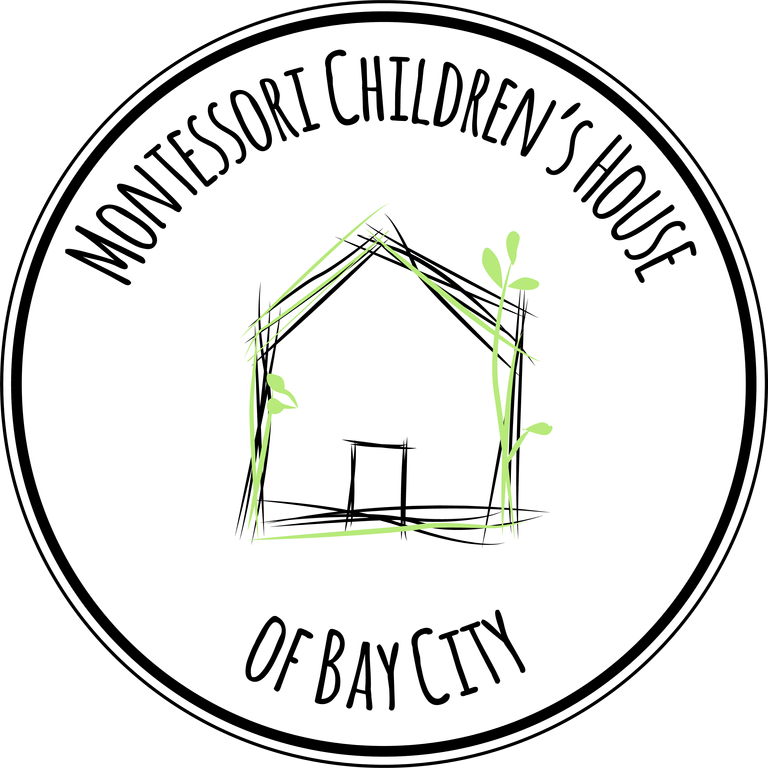
This post originally appeared here: http://mchkids.net/talking-points-when-asked-what-montessori-is/
The author is Tiffany Jaime, owner of the school and Head Teacher
When I am out and about, I get asked often what Montessori is or what the difference is. People who have heard of the method usually don’t know much about it and are happy to learn. Then there are those that have never even heard of Montessori. I love knowing I am their first encounter and am always on guard, armed with talking points. This post will offer some suggested “talking points.”
Montessori is a method, an approach, an educational style, but also a way of life by all who embrace it.
Aims of Montessori education:
- Children who are physically and mentally independent, self confident and self-controlled, able to manage the worldly, daily demands of life with grace, ease and efficiency.
- The classroom is non-competitive and stimulated by other children and guided by the adults.
- Children move themselves toward learning.
- Children work together or alone at their own pace using rugs on the floor or mats on the tables (to define personal space) and may move freely throughout the environment.
- The Head teacher is acutely aware of each child individually and their progress and through observation is able to lead lessons based on what is observed making for a very individualized education.
- The teacher prepares the environment, directs the activity, offers the child stimulations, but it is the child who learns, motivated by the work itself.
- The hand is the chief teacher for the child and knowing this, the classroom provides hands-on experiences, exploration and learning.
- The process is emphasized, not the product, therefore, a child may not produce papers to take home as proof of learning.
- It is through observation that one can witness the remarkable success and progress a child achieves within the Montessori environment.
- A Montessori classroom is multi-aged, including a 3-year range of children.
- Montessori introduces the child to the joy of learning at an early age.
- Patterns of concentration, dedication, thoroughness, established in early childhood, produces a confident, competent learner in later years.
I hope these “talking points” can help you with your conversations about Montessori!
Tiffany Jaime
✅ @mchbaycitymi, let me be the first to welcome you to Steemit! Congratulations on making your first post!
I gave you a $.03 vote!
Would you be so kind as to follow me back in return?
I just did, thanks!